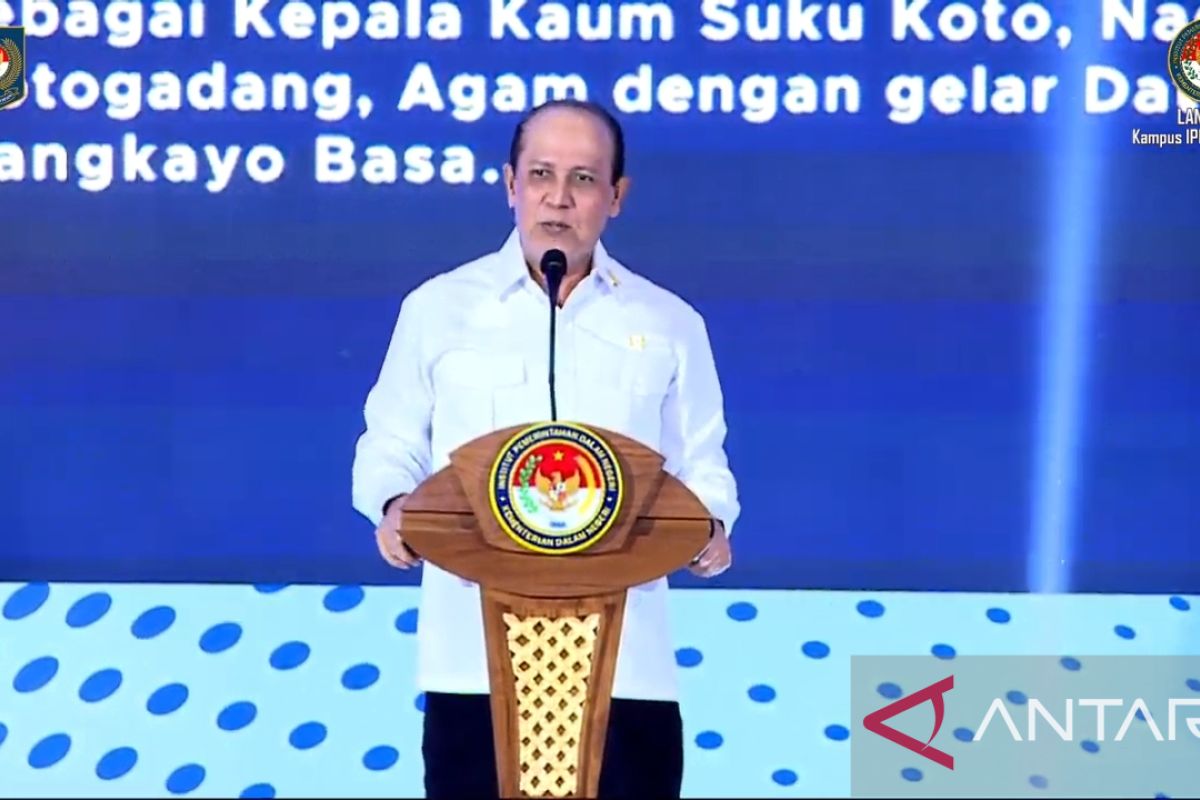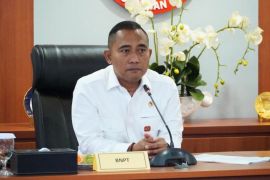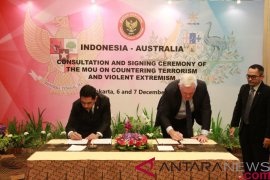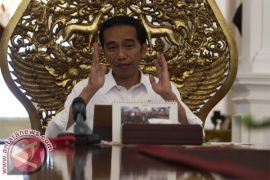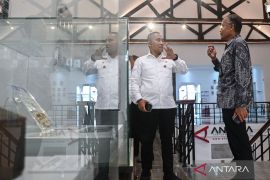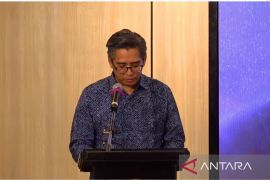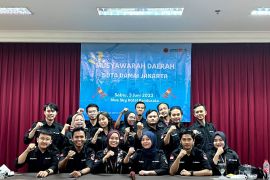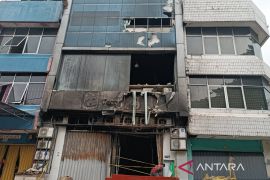"The COVID-19 pandemic also saw (parties attempting to spread) narratives to delegitimize the legitimate government, which also occurred in Indonesia," Amar said during the "Early Detection of Modes of Radicalism Movement Development" discussion, which was accessed from here on Monday.
This was not only true for Indonesia, he said, adding that far-right and far-left groups in some countries also attempted to use the pandemic to undermine legitimate governments.
The BNPT head said that during a recent visit to the Netherlands and Belgium, the local authorities told him that they also detected some groups attempting to delegitimize their government.
In Indonesia, such attempts were made by influencing residents to resist vaccination drives promoted by the government, Amar added.
The groups tried to spread the notion that the COVID-19 vaccine was made of materials obtained from pigs, which are considered impure among Muslims, he pointed out.
"(Some residents) were provoked by intolerant and radical groups," he noted.
He said that the BNPT is making deradicalization efforts through social media, particularly due to the surge in Internet users in regions under the lockdown regime, as reported by the United Nations.
Of the 273 million people residing in Indonesia, at least 202 million have Internet access, and 80 percent of them, dominated by the millennial and Generation Z demographic, have social media accounts, he highlighted.
"Those are the targets of global terrorist groups," Amar said.
As social media provides a huge potential audience, global terrorist groups are trying to disseminate hate-filled narratives against the government through it, he added.
Related news: Official cautions of terrorism amid COVID-19 pandemic
Related news: Need global cooperation against bioterrorism: Vice Admiral Octavian
Translator: M Zulfikar, Nabil Ihsan
Editor: Rahmad Nasution
Copyright © ANTARA 2022
